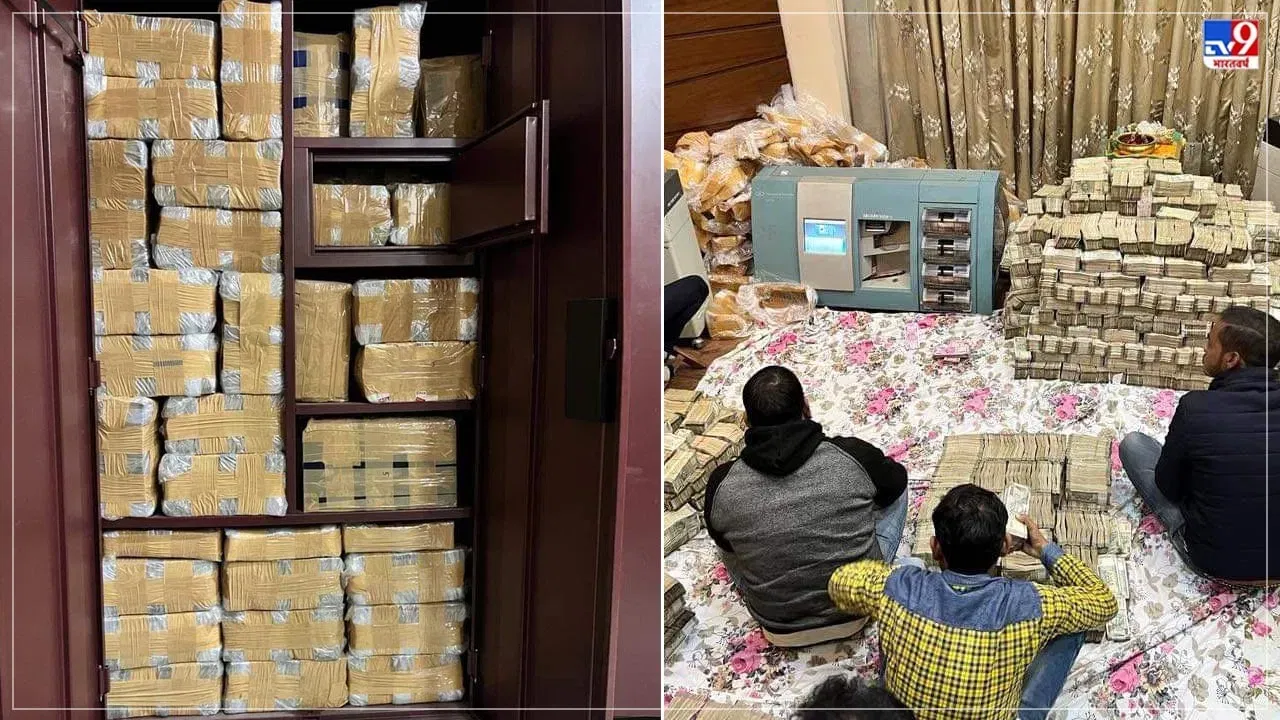Symbolic photo
In Bihar’s capital Patna, the Economic Offenses Unit (EOU) team raided the house of Vinod Kumar Rai, a senior officer of the Department of Rural Affairs. When the officer came to know that an inquiry was going to be done against him, he burnt millions of rupees notes fearlessly. But when the agencies started searching the house, the surprising scene came to light. 500-500 notes kept hidden in a water tank, which were counted and 39 lakh 50 thousand rupees. At the same time, seeing the condition of the notes that were burnt, it was guessed that they also had about 12 lakh rupees. In this way, a total of Rs 52 lakh has been recovered so far. Now the question arises that what happens when so much money is recovered? Do they go to the government or come in some other work?
Who can raid who can kill?
Whenever there is a possibility of getting illegal money, anonymous property or jewelry without account in the country, some special government agencies take action. Such as ED (ED) i.e. Enforcement Directorate, CBI (CBI) i.e. Central Bureau of Investigation, Income Tax Department and Police Economic Offenses Unit. Apart from this, during the election, the Election Commission also gets the suspicious amount investigated. These agencies raid only when they find strong evidence that the person in front is involved in black money, money laundering or corruption.
What happens to the seized money?
When cash ie cash is received in the raid, it is counted and recorded in the presence of government officials. The witness is also called. Then a “seizure memo” is formed, in which it is written that how many rupees, in which note, where to meet. After this, this money is deposited directly in a fixed branch of State Bank of India (SBI). But remember, this money cannot be used by ED or CBI. If the accused proves that these money is valid and tax has also been deposited, then he can get the money back from the order of the court. But if he is unable to prove where the money comes from, then this amount goes to the account of the Government of India.
What happens to jewelry, land and house?
Not only cash, if someone gets jewelry, land, houses or vehicles, which do not have the right document, then the agencies also confiscate them. These properties remain in the possession of the government as long as the lawsuit runs in the court. If the accused proves guilty, then these things are auctioned after the court order. A part of the money that comes from the auction can also be given to those who have suffered any kind of damage. The remaining amount is sent to the government treasury.
Every note is kept in full account
In 2002, a strict law was enacted which is called the Money Laundering Act. Its purpose was clear, stopping black money. Whenever an agency raids, complete information about each recovered thing is written. How many notes, which notes, which boxes or cupboards, everything comes in records. After this, the notes are counted and deposited in the branch of SBI. And until the court decides whose money these money is, then neither the agency nor the agency can be given to anyone else.
